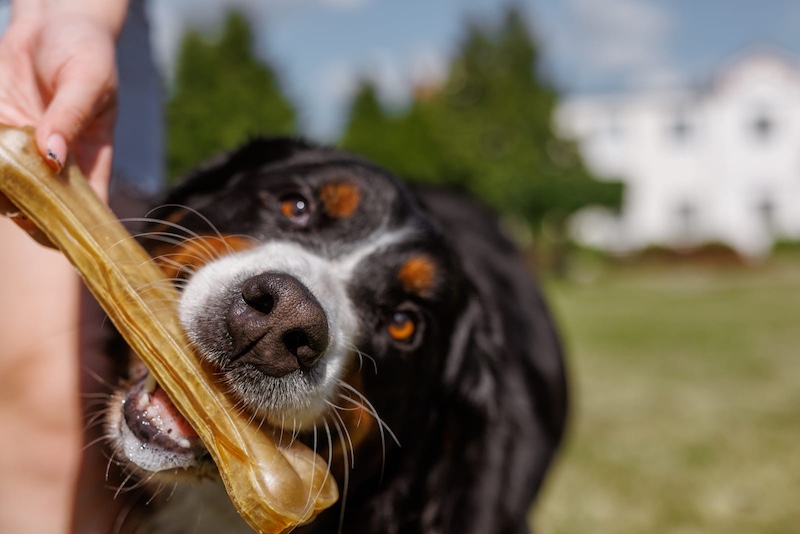Dogs are remarkable creatures with unique abilities, and their memory is often underestimated. While they may not recall every detail like humans do, their memory functions in fascinating ways. Understanding how your dog remembers things can help you appreciate their intelligence even more. Here are 10 things you may not know about dogs’ memory:
1. Dogs Have Episodic Memory

Much like humans, dogs can remember specific events, which is referred to as episodic memory. This means your dog can recall past experiences such as the time they went to the park or a particular moment when they were rewarded for good behavior. However, their episodic memory isn’t as advanced as humans, and they may forget details faster.
2. Dogs Remember People by Smell
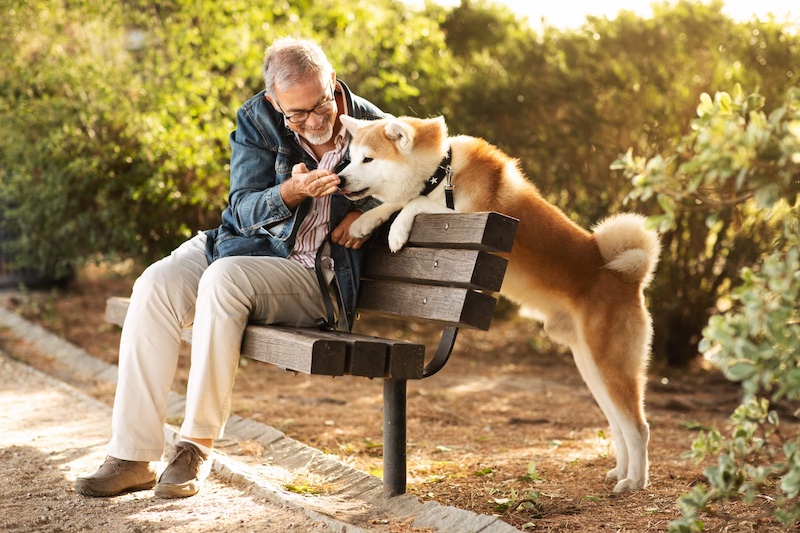
While humans rely heavily on visual recognition, dogs primarily use their sense of smell to remember people and places. A dog’s olfactory senses are thousands of times stronger than ours, allowing them to remember the scent of someone or something for long periods. This is why your dog gets excited when you come home or can recognize a person even after years apart.
3. Dogs Can Remember Commands for a Long Time

If you’ve trained your dog in commands like “sit” or “stay,” they can retain that knowledge for years, especially if reinforced regularly. Dogs have impressive long-term memory when it comes to actions or behaviors they associate with rewards. This is why they can perform tasks they haven’t practiced in a while if they were once well-trained.
4. Dogs’ Memory is Emotionally Driven
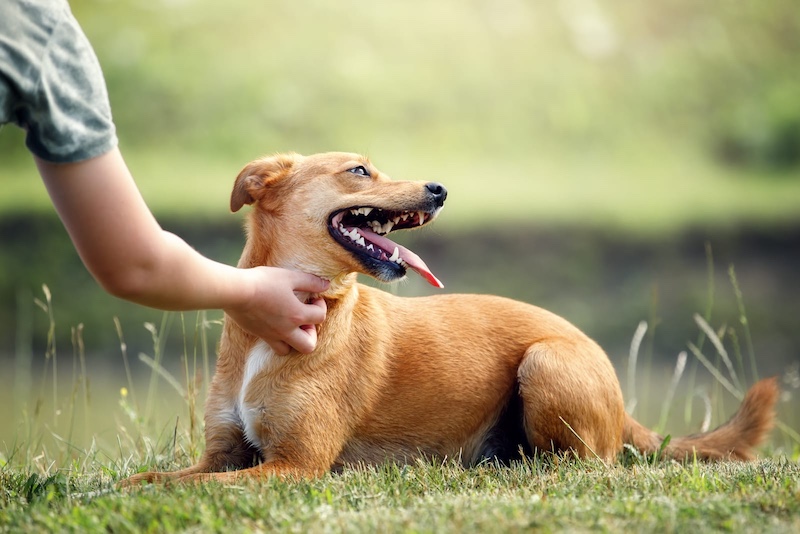
Dogs are highly emotional animals, and their memory is often linked to emotional experiences. They are more likely to remember events that involved a strong emotion, such as fear, happiness, or excitement. If a dog was frightened by fireworks once, they might remember that fear and react the same way in the future.
5. Dogs Can Forget Quickly Without Repetition

While dogs have great long-term memory for certain things, they can forget unimportant details quickly if not reinforced. If a behavior or routine isn’t repeated, they may forget it over time. Regular reinforcement through training and consistent routines can help them retain information better.
6. Dogs Have Associative Memory
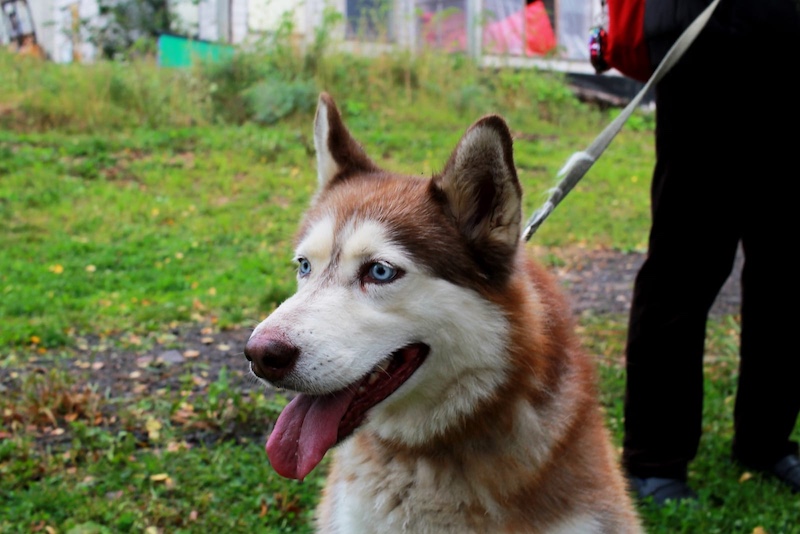
Dogs rely heavily on associative memory, meaning they remember things based on associations they’ve made. For example, they might associate the sound of keys jingling with a walk or the sight of their leash with going outside. This helps them anticipate routines and behaviors based on past experiences.
7. Dogs Remember Negative Experiences
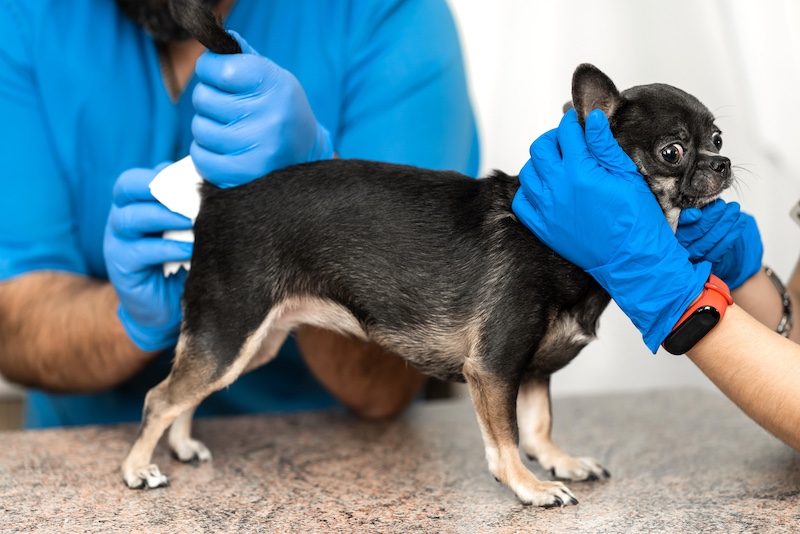
Unfortunately, negative experiences stick with dogs, sometimes even more than positive ones. If your dog was scared or hurt in a specific situation, they are likely to remember that moment and may try to avoid it in the future. This is why it’s important to make training and new experiences as positive as possible.
8. Social Memory is Strong in Dogs

Dogs are pack animals and have strong social memory. They can remember and recognize members of their family, whether human or animal, for a long time. This helps them maintain social bonds and loyalty. Your dog may remember another dog they used to play with, even if they haven’t seen them in years.
9. Dogs Can Remember Locations
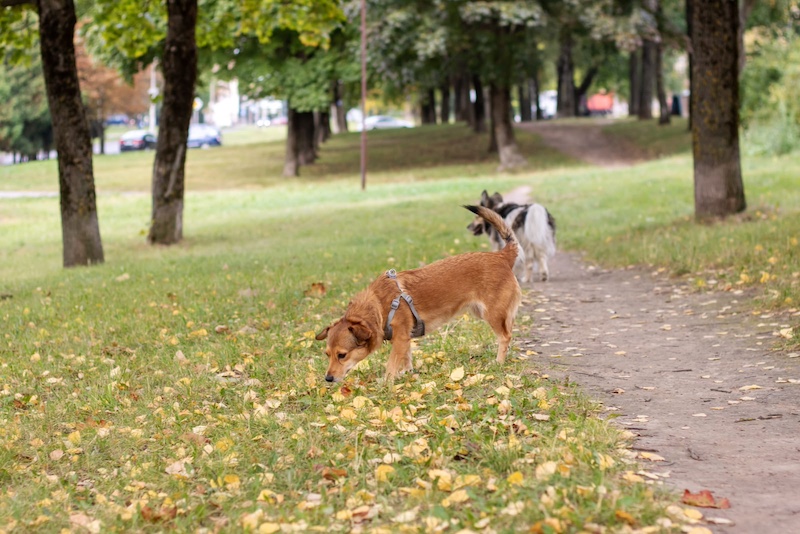
Dogs have a strong spatial memory and can recall locations based on their experiences. They might remember the path to the park, the location of their favorite spot in the house, or where they’ve hidden their favorite toy. This ability to remember places is what makes them good at navigating familiar environments.
10. Older Dogs May Experience Memory Loss

As dogs age, their memory can decline, much like in humans. Older dogs may experience a form of cognitive decline similar to dementia, which can affect their ability to remember routines, people, or commands. Regular mental stimulation and a healthy diet can help slow down this process and keep their mind sharp. Please Note: This content was created with the assistance of AI and thoroughly edited by a human before publishing.

